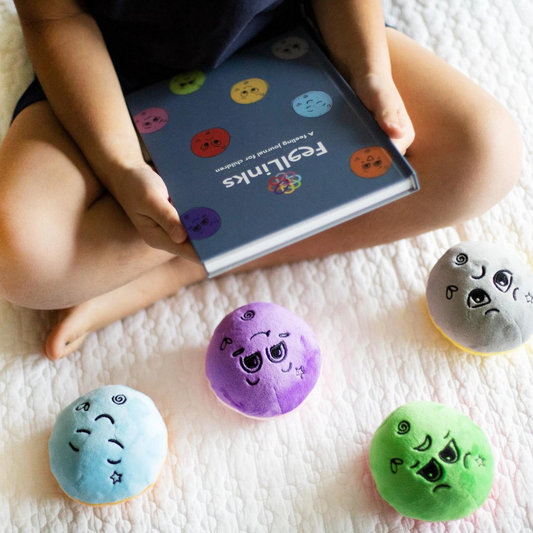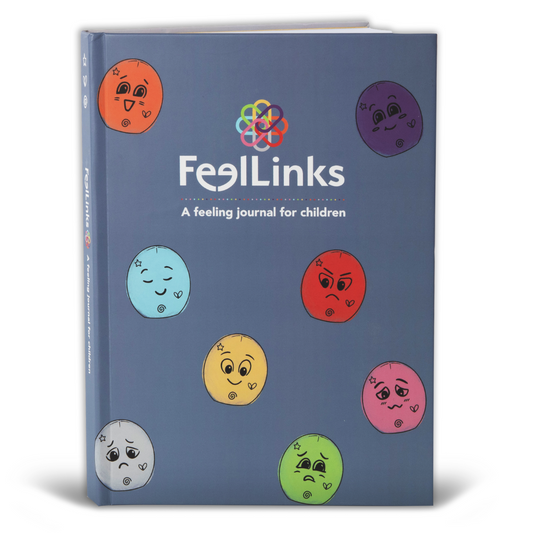Grief: The Indelible Mark of Love
Share
Grief is an extremely tough emotion that we experience when we lose someone or something very special to us. Grieving is a natural and very personal process that we go through in response to significant change or a great loss in our lives. While grief can be extremely difficult and overwhelming to feel, it is an essential part of healing.
Let's explore grief, the mix of complicated emotions it brings on, and look at some ways to navigate the grieving process.
Understanding Grief:
Grief is not a linear journey; it is unique to each individual. There is no map for grieving. Grief is about navigating your loss and figuring out life in the absence of your loved one. That pain caused by grief is so utterly painful because of the tremendous love you had for that person - and in turn, the love that person had for you.
Grief can be triggered by events such as the death of a loved one, the end of a relationship, or even the loss of a job. It is important to remember that grief is not limited to just losing a person; it can also arise from other types of loss, such as the loss of your own or others health.
I know that grief is a highly personal experience. Grief can often evoke some of the toughest emotions, such as: anger, guilt, shock, depression, numbness, and even denial. These extremely difficult emotions can cause mental and physical signs, such as: headaches, sleeplessness, body aches, stomach aches, lack of appetite or appetite for everything.
Coping with Grief:
While everyone experiences grief differently, there are some strategies that can help navigate the grieving process:
- Permission to feel!: The first thing I can tell you is that you must give yourself permission to feel grief. You have loved someone or something so deeply and will continue to do so as you give yourself permission to grieve. Talk to a trusted person, engage in journaling or art as ways to express your grief.
- Support: Reach out to friends, family, or support groups. You will want to find a safe place where you feel you can express all that you are feeling. If you are someone who is willing to be the support, reach out to those that are grieving and let them know you are there for them. If you are caring for a loved one, the toll on you may be quite big on a daily basis. Whether you are grieving a loss, grieving your own health or caring for a loved one who is facing challenges, seeking professional counseling can be greatly beneficial.
- Self care: Grief can take an enormous toll on our physical, mental and emotional well-being. Ensure you get enough rest, eat healthy meals, get in some movement or exercise.
- Rituals: Rituals can serve as a way of honoring the memory of the person or thing you have lost. Lighting a candle, planting a tree, or creating a memory box are examples of meaningful rituals.
- Be kind to yourself: Be patient and compassionate with yourself as you navigate through the extreme ups and downs of grief. Remember, there is no set timeline.
Grief is a natural response to loss, and it is important to give ourselves permission to grieve. Grieving is part of the healing process. Grief may very likely be with you in some way forever. Give yourself the permission to respond in the ways it feels right for you. Remember, each person's journey through grief is unique, and there is no right or wrong way to grieve. By allowing ourselves to feel grief, seeking support, practicing self-care, and creating rituals, we can gradually find healing and acceptance. May you find solace and strength as you navigate your own journey through grief.
Grief is the indelible mark of love, forever!
With love and deepest sympathy for those experiencing grief,
xoxoxo Marcelle





